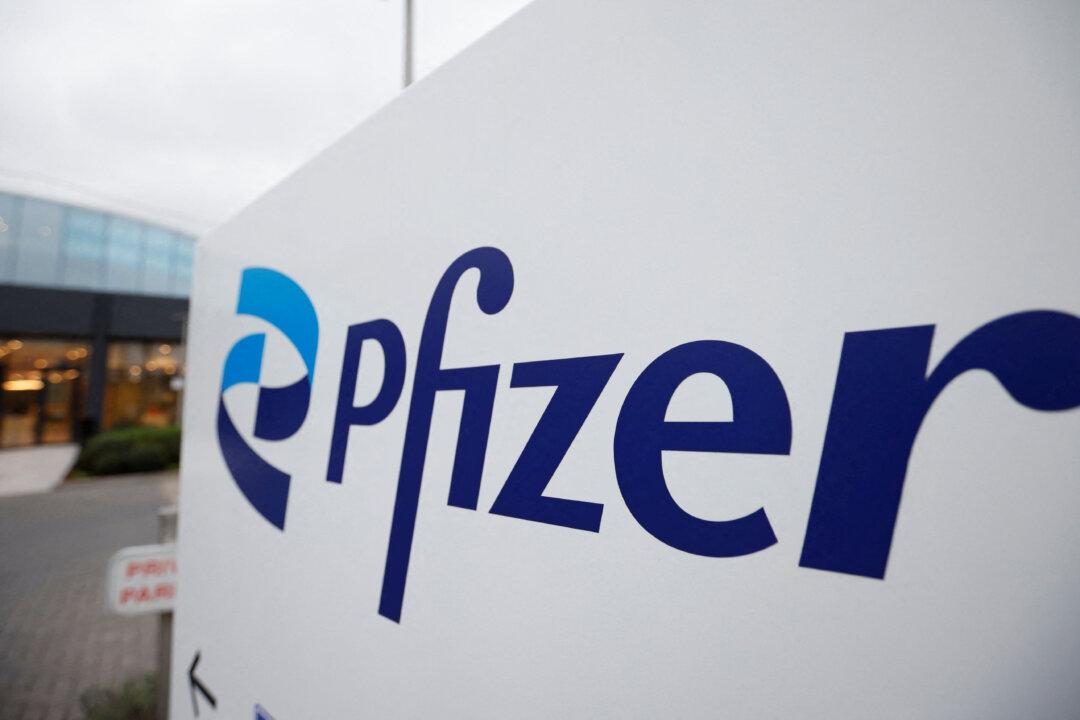Pfizer has discontinued development of its once-a-day oral weight-loss drug, danuglipron, after identifying a potential case of liver injury during clinical trials.
The company announced on April 14 that a participant in one of its studies showed signs of possible liver damage, which resolved after discontinuing the medication. While Pfizer noted that liver enzyme elevations in more than 1,400 patients treated to date were “in line” with those seen in other approved GLP-1 therapies, the safety concern was significant enough to call off further development.






